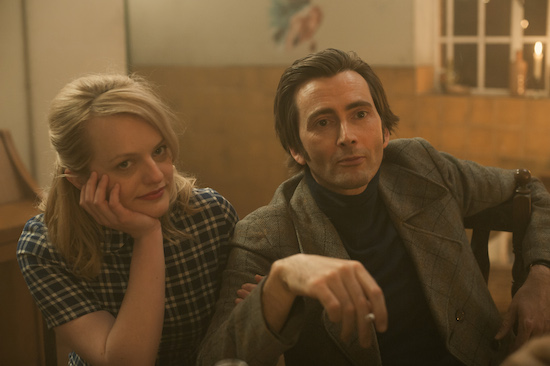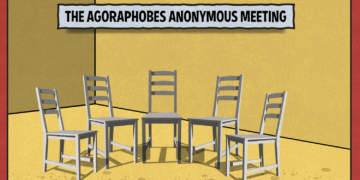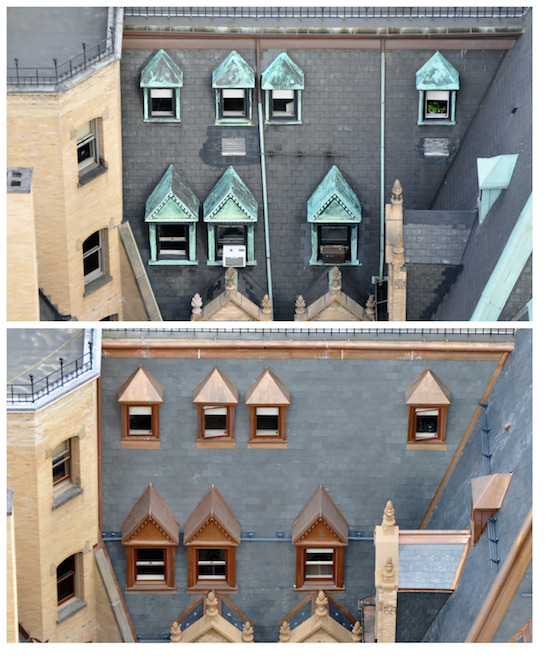
David Tennant portrays R.D. Laing, and Elizabeth Moss, his love interest, in Mad to Be Normal, one of the selections at the ReelAbilities Film Festival.
By Nancy Novick
Imagine the sound you most hate hearing. Nails on a chalkboard? Knuckles cracking? Maybe it’s your neighbor’s car alarm. Now imagine you hear these noises almost constantly throughout your day, because the sources are unavoidable—the sound of someone chewing gum, tapping a pen, or breathing loudly. In Tortured by Sound, a short animated film directed by Gwyneth Christoffel, the challenges faced by people with misophonia, a rarely diagnosed condition, are brought to life in simple visuals and everyday language. Sufferers describe the pain, frustration, and rage they feel, as well as their regrets about their responses, which are prompted by the condition.
Tortured by Sound is just one of the rich variety of offerings of screenings, panel discussions, and other programs that make up the Reelabilities Film Festival. Described by organizers as “a celebration of disability and the arts”, the festival continues through March 14 at the Marlene Meyerson JCC, and other venues around the city. To help create a more diverse and inclusive society, the event presents the stories of people with physical and/or mental disabilities, both seen and unseen. Subjects include coping with Crohn’s disease, a beloved principal’s physical decline due to amyotrophic lateral sclerosis (ALS), and living and thriving with autism, to name just a few.
Many of the films were made by, and feature individuals who are not yet household names and who identify as part of the disability community. People with disabilities represent approximately 20% of our population, but are grossly under represented in commercial films.
But a few of the Festival’s offerings include more familiar faces. Mad to Be Normal, a fascinating, if grueling, biopic of psychiatrist R.D. Laing, whose unconventional treatments of psychosis and schizophrenia included the use of LSD, stars David Tennant in full Scottish throttle, Elizabeth Moss, and Michael Gambon. The film raises fascinating and troubling questions about the medicalization, and possible overuse of pharmaceutical and other treatments, in mental illness.
The selections this writer viewed shared a common thread, providing an understanding of individuals who live differently than do the majority. The filmmakers accomplish this using a range of lenses–including humor, dance and other non-verbal expression. As one panelist pointed out, some in the disability community refer to the non-disabled as temporarily abled. If we live long enough, we will all experience limitations on our abilities.
Ticket information, a complete schedule, and list of venues can be found at https://www.reelabilities.org/newyork/. To view the schedule at the JCC, go to https://www.jccmanhattan.org/film/reelabilities/. All films and conversations are fully accessible and are presented with open captions.
Nancy Novick is a freelance writer/editor/instructor who lives and works on the UWS. She can be contacted at nbnovick@gmail.com.









Glad to know about this for the future, but it runs March 8-14. This is March 12, missed most of it.
This was like over when you published it.